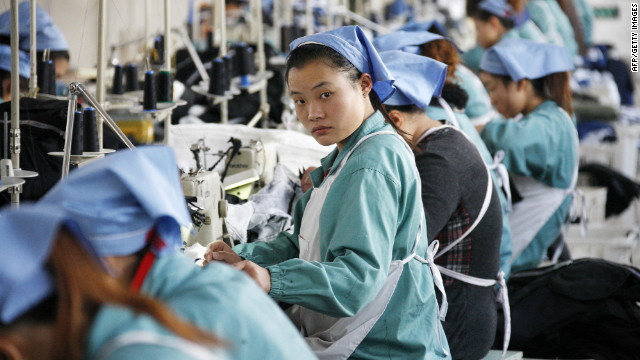|
Since taking office, President Obama has frequently declared himself a free trader. In several appearances over the last few months, he has driven home the message that protectionism is dangerous to our economic health. His rhetoric is encouraging, but his actions have been puzzling. When the Group of 20 industrial nations meets today in Pittsburgh, the participants won¡¯t be inclined to view Obama as a free trader ¡ª not after his recent decision raising a 35 percent tariff on Chinese tires. This isn¡¯t the Smoot-Hawley tariff of 1930; far from it. But the move is worrisome nonetheless. It came under Section 421 of trade law, which allows Washington to raise tariffs in the face of import ¡°surges.¡± With this step, Obama has encouraged other industries to bring their own cases for redress. What started with imported tires could encompass imported paper, machinery, consumer goods, steel and clothing. The National Council of Textile Organizations says it is already considering such a move. President Cass Johnson says Obama¡¯s decision on tires means a Section 421 case is a ¡°viable option¡± for textiles as well. Obama has talked a good game on free trade, but the rhetoric sounds increasingly hollow. He failed to put up much of a fight against the ¡°buy American¡± provisions in the stimulus package. In May, the administration said it was ready to move ahead on pending free-trade pacts with Panama, Colombia and South Korea, but not much has happened. G-20 participants will be looking for reassurance that the United States has not abdicated its traditional leadership position on trade. The global economy depends for recovery on growing exports, and that¡¯s especially true for the United States. Obama cannot expect to open overseas markets for American goods if he¡¯s not willing to fight to keep our markets open as well. |
|
Is Obama giving up on free trade?
Updated: 2009-9-25 Source: voices.kansascity.com

Recommended News
Photo Gallery
Most Popular



